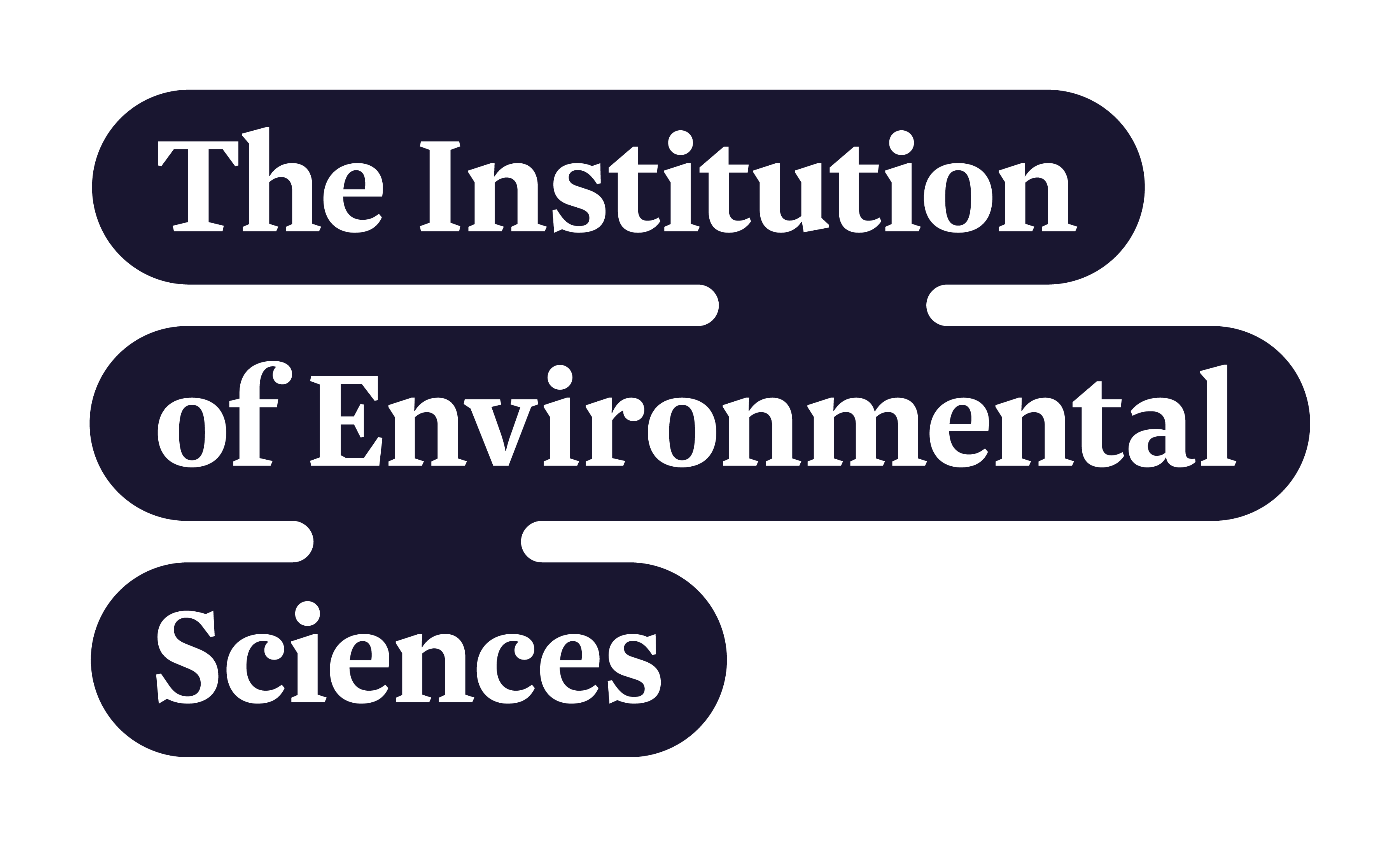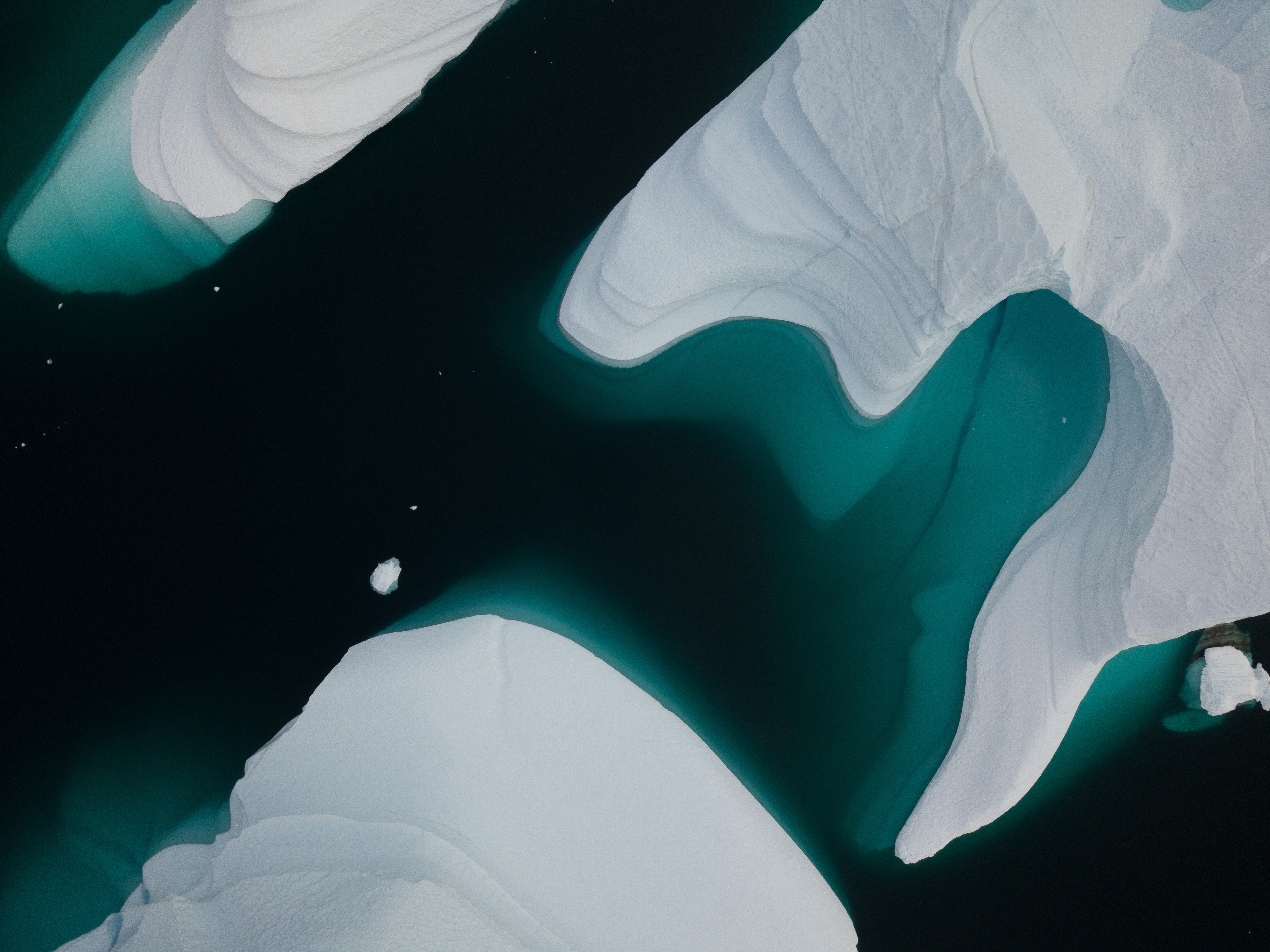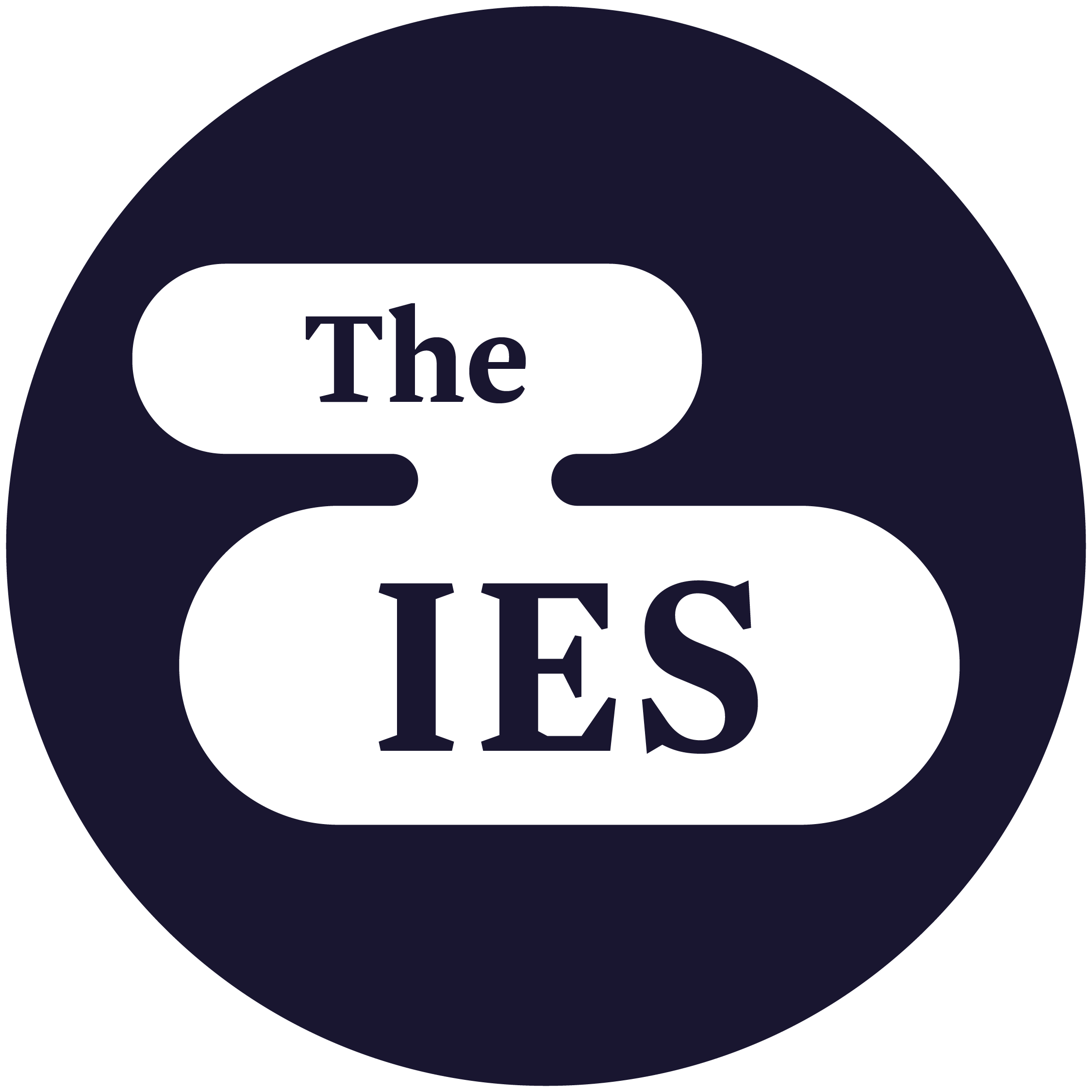From coral skeletons to autonomous sensors: monitoring ocean acidification
Free and open to all.
Ocean acidification, the progressive reduction in seawater pH caused by rising atmospheric CO₂, represents one of the most pressing threats to marine ecosystems. By altering the carbonate chemistry of the ocean, it compromises the ability of calcifying organisms, such as corals, shellfish, and some plankton, to build and maintain skeletons and shells, with cascading effects on biodiversity, fisheries, and coastal communities. Understanding and monitoring these changes is essential to predict impacts, guide mitigation strategies, and support resilient management of marine resources.
This talk will explore different methods of ocean acidification monitoring, highlighting approaches from historical reconstructions to cutting-edge autonomous sensing. Paleo proxies, such as the chemical composition of coral skeletons allow us to reconstruct long-term trends in pH, providing context for current changes and identifying natural variability over centuries. Building on these foundations, in situ measurements using traditional shipboard sampling have offered high-accuracy snapshots of carbonate chemistry, but remain limited in temporal and spatial coverage.
Recent advances in autonomous sensing now allow continuous, high-resolution monitoring of Essential Ocean Variables across a range of ecosystems from shallow coral reefs to the deep open ocean. Lab-on-chip sensors, capable of measuring pH, alkalinity, and other key parameters, provide unprecedented insights into the dynamics of marine carbonate chemistry under natural and anthropogenic stressors. These technologies have been deployed across several platforms, including research vessels, moorings, commercial operations subsea vehicles of opportunity, revealing how biogeochemical processes respond to environmental variability.
The talk will also highlight the practical application of these tools through capacity-building efforts in Small Island Developing States. By providing monitoring kits and training local stakeholders, these programmes support locally driven data collection, enhancing understanding of ocean acidification in regions highly vulnerable to climate change. Partnerships with industry have further enabled the translation of research into operational tools for sustainable marine management. Bringing these approaches together highlights both what we understand about ocean acidification and where improved observations are still needed. The talk will reflect on the progress made so far and the opportunities that new tools and partnerships provide for expanding future monitoring efforts.
Our speaker
Dr Sara Fowell is a research scientist in the Marine Biogeochemistry group at the National Oceanography Centre (NOC) in Southampton, where she integrates expertise in analytical chemistry, autonomous sensing, and coral reef science. Her research focuses on understanding ocean acidification and the marine carbonate system, with a particular emphasis on coral reef environments.
During her PhD, Sara used the chemical fingerprints preserved in coral skeletons to reconstruct century-scale records of sea surface temperature and pH, providing critical insights into how reef systems respond to long-term environmental change. Over the past seven years, she has optimised and deployed innovative lab-on-chip sensors capable of autonomously measuring seawater pH, alkalinity, and other biogeochemical parameters. These sensors have been used in settings ranging from the deep open ocean to shallow, remote coral reefs, enabling high-resolution data collection in challenging environments.
Sara is committed to making marine technology accessible and actionable. She works to ensure that her research benefits not only academia but also governments, industry, and non-academic partners. Through initiatives such as the Commonwealth Marine Economies and Sustainable Blue Economies Programmes, she helps implement Essential Ocean Variable monitoring kits in Small Island Developing States, supporting local capacity to collect, interpret, and act on critical environmental data.
In addition to capacity building efforts, Sara contributes to globally important science missions, including the RAPID mooring array, where she led the deepest and longest deployment of lab-on-chip sensors to date. Her work combines field expertise, cutting-edge technology, and collaboration, advancing our understanding of ocean carbonate chemistry and supporting equitable monitoring of climate-sensitive marine ecosystems.
Header image © whitecomberd | Adobe Stock


